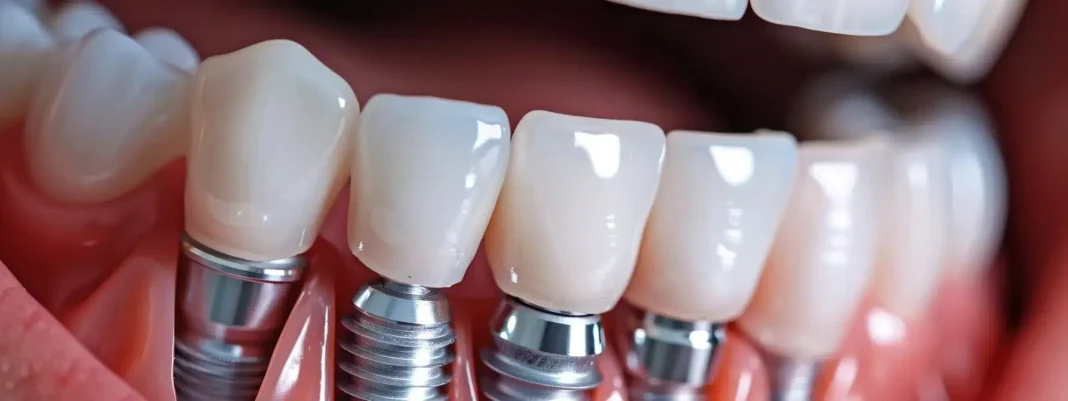When a tooth is severely damaged or infected, preserving its function and structure becomes a clinical priority. Endodontic implants offer a targeted solution by providing extra support to compromised teeth that can’t be stabilized through conventional root canal treatments alone. Designed to reinforce tooth stability and prolong longevity, these implants are a valuable option for patients seeking to avoid extraction while maintaining oral function and integrity.
When Teeth Are Beyond Saving
Several conditions lead to tooth compromise that traditional treatments struggle to address effectively. Severe decay that extends deep into the tooth’s root structure significantly weakens its foundation. Trauma from accidents or sports injuries often damages both the crown and root system, creating instability that affects chewing function.
Failed root canal treatments present another common scenario in which the teeth require more support. When previous endodontic work fails to provide adequate stability, the tooth becomes vulnerable to fracture and further complications. Teeth with insufficient root length or width also struggle to properly support crowns or other restorations. In such situations, extraction is often recommended. Endodontic implants offer an alternative that preserves the natural tooth while addressing the underlying structural issues.
Endodontic Implants Explained
Endodontic implants differ significantly from traditional dental implants. Rather than replacing an extracted tooth, these devices support and stabilize existing compromised teeth by extending from the root canal space into the surrounding bone tissue. The implant structure consists of biocompatible metals that integrate with both the tooth’s root system and the jawbone. This design effectively lengthens the root and improves the tooth’s overall stability. The device anchors within the bone while remaining connected to the natural tooth structure, creating a hybrid support system. Unlike conventional dental implants, which require the complete removal of a tooth, endodontic-supported implants work alongside the existing tooth.
The Benefits of Endodontic Implants
Endodontic restoration through implant support offers several advantages over extraction and replacement options. Preserving the natural tooth maintains the original bite relationship and prevents adjacent teeth from shifting into the empty space. This stability reduces the need for further orthodontic treatment later.
The procedure also maintains the natural bone structure around the tooth. Extraction often leads to bone resorption over time, which affects facial support and neighboring teeth. Endodontic implants stimulate bone tissue through the preserved root, preventing this deterioration.
What to Expect From the Procedure
The endodontic implant procedure begins with thorough evaluation and imaging to assess the tooth’s condition and surrounding bone structure. X-rays and CT scans help determine if the tooth is suitable for this treatment approach. During the procedure, the endodontist accesses the root canal system and prepares the space for implant placement.
The biocompatible implant extends through the root canal into the jawbone, where it integrates with the surrounding tissue. Local anesthesia makes the procedure comfortable, and most patients often experience minimal discomfort afterward. Healing takes several weeks as the implant integrates with both the tooth and bone tissue. Follow-up appointments monitor the healing process and make sure the implant is functioning properly. Once fully integrated, the tooth receives a permanent restoration that provides normal chewing function.
Book Your Endodontic Implants Consultation Today
Endodontic implants provide a viable solution for compromised teeth that may otherwise require extraction. This specialized endodontic restoration technique preserves natural tooth structure while providing the stability needed for long-term function. The procedure offers benefits including bone preservation and maintained bite relationships. For a compromised tooth that traditional treatments cannot adequately address, schedule a consultation with a qualified endodontist to explore your options.
- Pedrovazpaulo Wealth Investment: Unlocking Financial Freedom Through Innovative Strategies
- EO Pis: A Comprehensive Guide to Environmental Objectives and Performance Indicators
- Premiumindo69: The Future of Digital Entertainment
- Macadamia Nut Milk: Health Benefits, Recipes, and Why It’s the Perfect Dairy-Free Alternative
- Hentquz: The Future of Productivity and Collaboration


